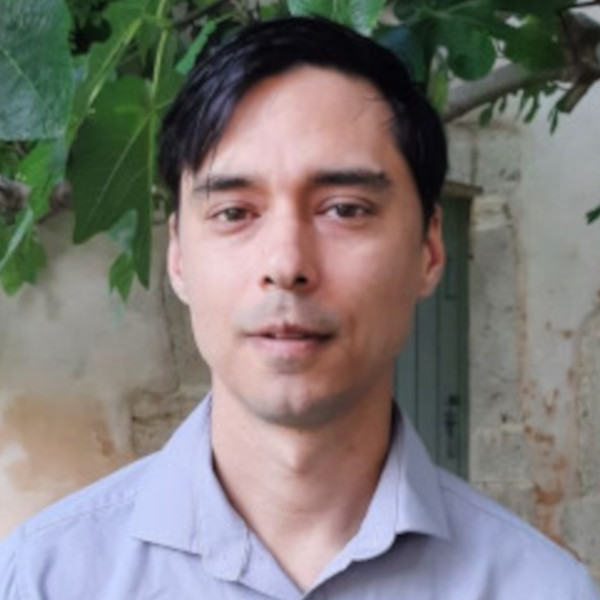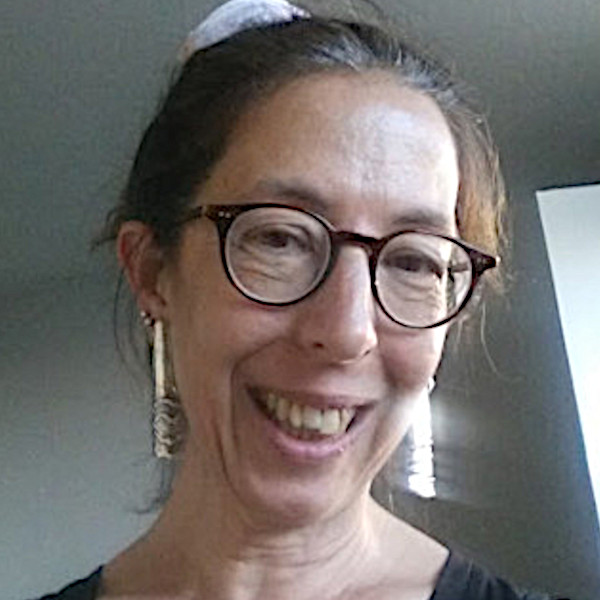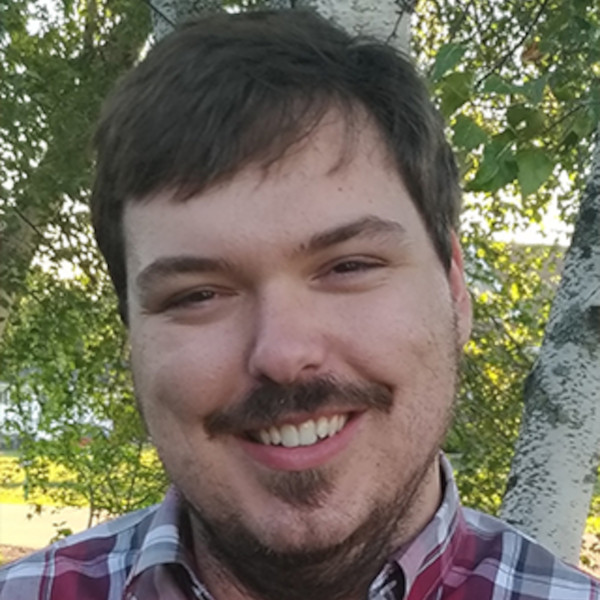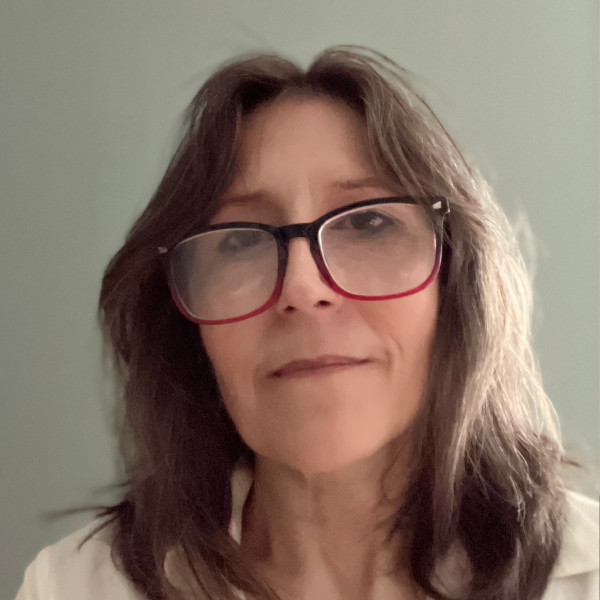Hyperemesis histories: Patient and policy perspectives in twentieth and twenty-first century Canada
Hyperemesis gravidarum (HG) is a pregnancy complication characterized by severe nausea and vomiting that has wide-ranging effects on pregnant people. While historians of women’s health have written at length on pregnancy, childbirth, and motherhood, the history of HG and broader nausea and vomiting during pregnancy (NVP) remains underexplored, especially in the Canadian context. With AMS…
Read MoreCollecting the artificial body: Surveying the material culture of prosthetic artifacts
The twentieth century witnessed remarkable development within the field of prosthetics. This process occurred across many medical disciplines, producing a range of prostheses as dissimilar from each other as artificial organs, hearing assistive devices, and electrically controlled robot limbs. Erich and Elizabeth’s project addresses prosthetics as a singular topic using artifacts from the University of…
Read MoreChildhood madness: Compassionate portraits of children in Canadian insane asylums, 1880-1930
Childhood Madness is a digital exhibit about the experiences of children in Canadian asylums across five provinces. Kira’s project includes a map and timeline to develop a larger sense of time and the impact of colonialism. From there, viewers engage with province-based sections that include stories about institutionalized children. The goal of her project exhibit…
Read More“More to the design than just architecture”: Practices, philosophies, and architectures of care, 1960-1995
The architectures of long-term and palliative care have resisted related typologies, like hospitals, in the same way that the hospice philosophy resists the medical desire to cure. Fiona’s dissertation explores what care, as an evolving concept, has looked like to architects in North America and the UK since the 1960’s. It considers how architecture has…
Read MoreDisease, formativity, and the early science of heredity: Medical students debating race, 1785-1840
Kevin’s project explores public dissertations about race presented by Edinburgh medical students in the late eighteenth and early nineteenth century. Two student organizations, the Royal Medical Society and the Royal Physical Society, held monthly salon-style meetings at which students, some of them classmates of a young Charles Darwin, tried their hands at Enlightenment-style debate. One…
Read More‘Healing’ through harm: Examining affect in North American conversion therapies from 1910 to 2000
Andrea’s project examines Canadian and American patients’ and survivors’ lived experiences of the harmful practice of conversion therapy through the twentieth century. It asks how secular medical practitioners utilized and manipulated patients’ emotions as therapeutic tools in clinical contexts. Her analysis focuses on how practitioners in two different national contexts understood and responded to their…
Read MoreCollecting the artificial body: Surveying the material culture of prosthetic artifacts
The twentieth century witnessed remarkable development within the field of prosthetics. This process occurred across many medical disciplines, producing a range of prostheses as dissimilar from each other as artificial organs, hearing assistive devices, and electrically controlled robot limbs. Erich and Elizabeth’s project addresses prosthetics as a singular topic using artifacts from the University of…
Read MoreThe history of eugenics in French Canada, 1880s-1940s
In the early 20th century, eugenics—a science concerned primarily with the “improvement of the human race” by means of selective breeding—rose to prominence in nearly every country across the globe and left a profound impact on science and society. Eugenicists theorized that many social problems could be fixed by encouraging “fit” individuals to marry and…
Read MoreDangerous beauty: The history and health hazards of the US cosmetics industry
Today, no country buys or sells more cosmetics than the United States. With annual sales exceeding 89 billion, the US beauty business is one of the most profitable in the world. It is also one of the least well-regulated. In 1938, years after doctors began warning of the rising tide of ‘poisonous’ beautifiers—face creams containing…
Read MoreJuicy knowledge: User-generated information about steroids, 1970-2000s
In 1988, the world was shocked when the “fastest man in the world,” Ben Johnson, failed a drug test after his celebrated victory in the 100-meter dash at the Seoul Olympics. Subsequent inquiries in North America showed that performance-enhancing drug use was common throughout the sporting world. While the literature on doping in sport has…
Read More










